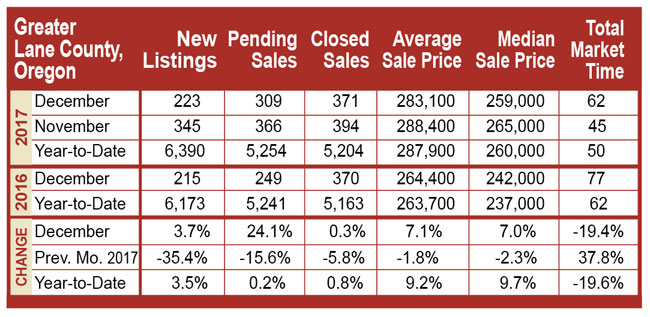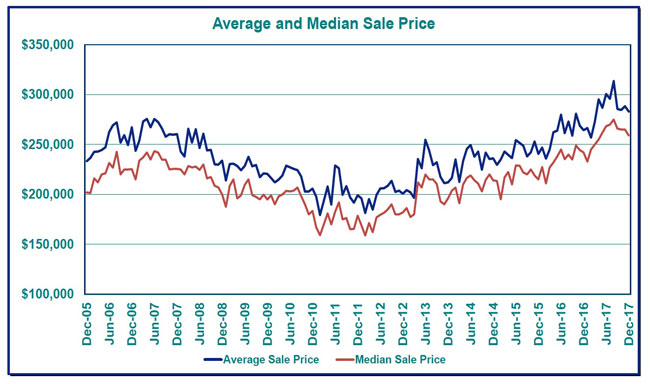A Growing Number Of Renters Aren't Interested In Buying A Home
Good Morning!
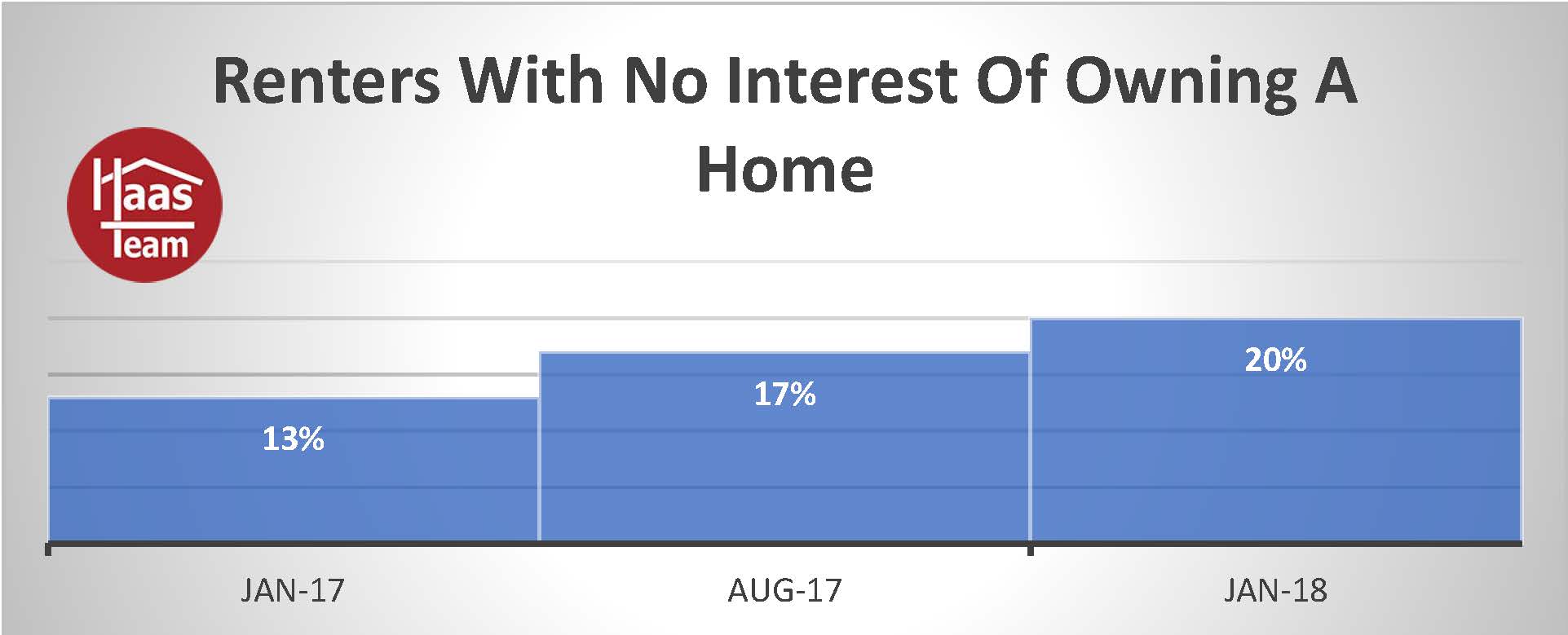 Rents have crept up in most communities just as home prices have. In fact in many areas rents have increased at a higher rate than home prices. I find today that many of the renters are paying more money to rent than they would be spending on a home payment. By renting they are also losing out on some great opportunities such as depreciation and interest tax deductions. Renters are also just making the landlords payments and not building equity. Long term the buidling of equity in a home is one of the greatest wealth building opportunities for most people. The followng is an article from "Realtor.com" on a recent study of the current trend towards renting.
Rents have crept up in most communities just as home prices have. In fact in many areas rents have increased at a higher rate than home prices. I find today that many of the renters are paying more money to rent than they would be spending on a home payment. By renting they are also losing out on some great opportunities such as depreciation and interest tax deductions. Renters are also just making the landlords payments and not building equity. Long term the buidling of equity in a home is one of the greatest wealth building opportunities for most people. The followng is an article from "Realtor.com" on a recent study of the current trend towards renting.
A growing percentage of apartment renters aren’t interested in buying a home as affordability challenges take a bigger toll on American aspirations of homeownership.
In all, 20% of renters said they have no interest in owning a home, up from 17% in August and 13% in 2016, according to results of a semiannual survey of renters by mortgage company Freddie Mac in January.
Two-thirds of renters who plan to continue renting said they are doing so for financial reasons, up from 59% two years ago, according to the survey.
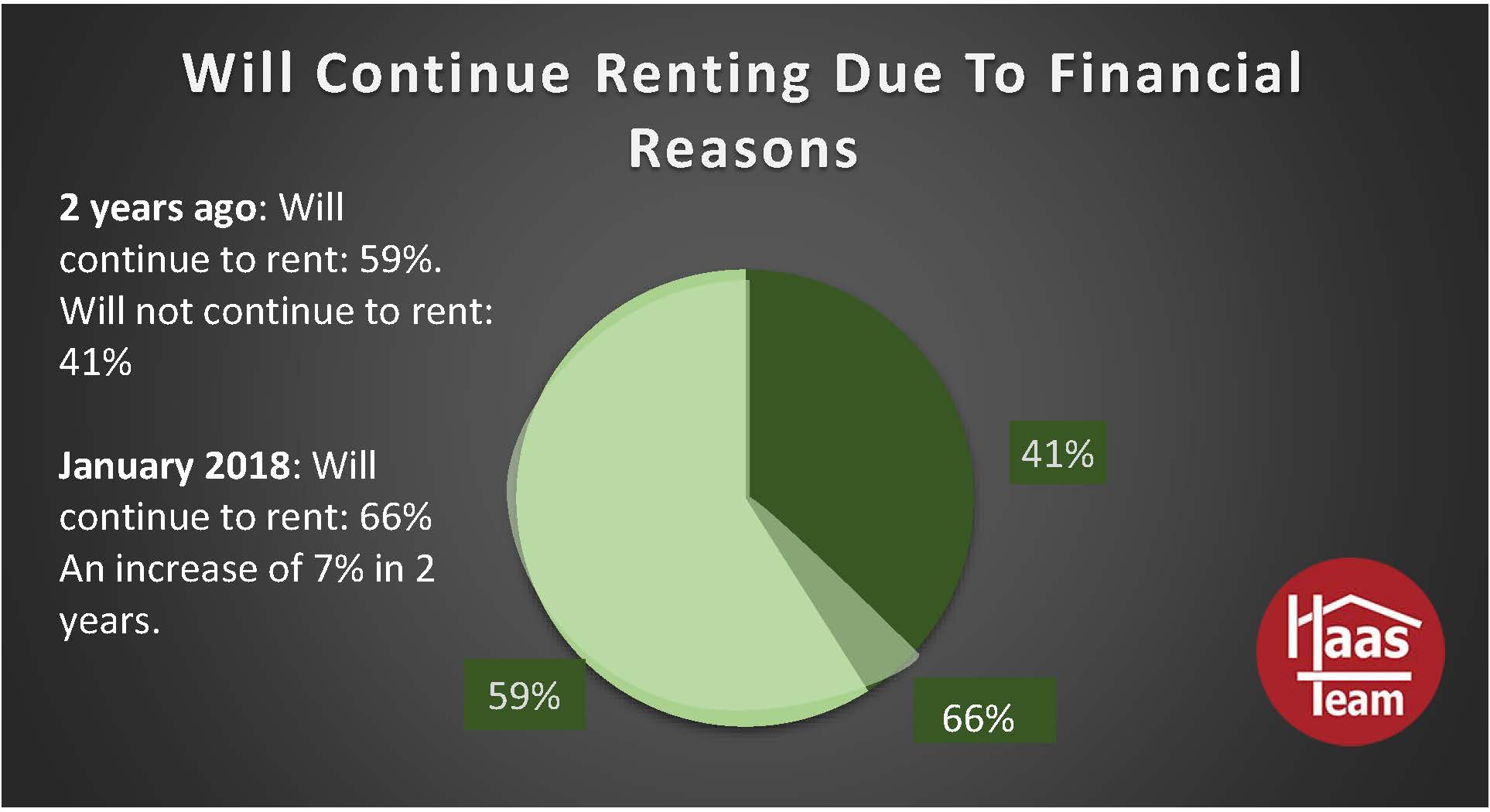 “Housing is becoming less and less affordable. Renting is perceived to be the more affordable housing option,” said David Brickman, an executive vice president at Freddie Mac and head of its multifamily division.
“Housing is becoming less and less affordable. Renting is perceived to be the more affordable housing option,” said David Brickman, an executive vice president at Freddie Mac and head of its multifamily division.
The growing preference for renting comes even as the economy has strengthened and credit has loosened, in theory making homeownership possible for more people. Renters generally report being better off financially, with some 39% saying they have money to take them beyond the next payday, up from 34% in August, according to Freddie.
But home prices have risen strongly in recent years while rent increases have slowed, especially for luxury buildings in urban centers. The S&P CoreLogic Case-Shiller National Home Price Index rose 6.2% in January from the same month a year earlier, while the average apartment rent increased a more manageable 3.9% in the first quarter from a year earlier, according to real-estate research firm Reis Inc.
The preference for renting is being driven in part by baby boomers, who are more likely to have experienced some of the pitfalls of homeownership. Some 35% of baby boomers said they have no interest in owning a home, up from 31% in August and 23% two years ago, according to the Freddie Mac survey.
At the same time, concerns about affordability are most prevalent among younger renters. Nearly three-quarters of millennials said they are renting for financial reasons, up from 59% two years ago.
The survey was taken in late January, so it likely doesn’t reflect the full impact of the tax bill that passed in late December and shifted the equation in favor of renting for many households.
Have An Awesome Week!
THIS WEEKS HOT HOME LISTING!

Price: $595,000 Beds: 3 Baths: 3 Sq. Ft.: 3,488
Luxurious rural living! Serene tree views surround 1.79 acres. Every room has been updated! Tubular skylights, recessed LED lights, quartz and granite counters, solid oak floors, new tile floors and carpet, fresh interior paint and more. Master suite on main level. Large kitchen, formal dining, living plus family room, vaulted bonus room, laundry/mud room, 3 fireplaces. 4-car garage, RV parking, greenhouse, orchard...View property.


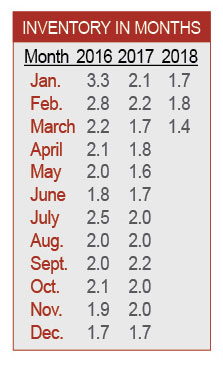 March home sale numbers are in for the Eugene and Springfield area and the sellers market trend continues. The inventory of homes for sale actually decreased from February, which is not normal and home prices continue to increase. This is not the best news for homebuyers, but continued good news for homesellers. My caution here is that with mortgage interest rates up and the continued increase in home prices, there will be a point where this market will shift and make a correction. That time could be sooner than later. Here is the March 2018 homes sales report.
March home sale numbers are in for the Eugene and Springfield area and the sellers market trend continues. The inventory of homes for sale actually decreased from February, which is not normal and home prices continue to increase. This is not the best news for homebuyers, but continued good news for homesellers. My caution here is that with mortgage interest rates up and the continued increase in home prices, there will be a point where this market will shift and make a correction. That time could be sooner than later. Here is the March 2018 homes sales report.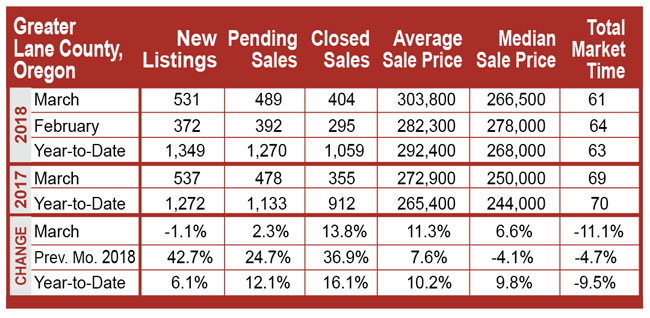
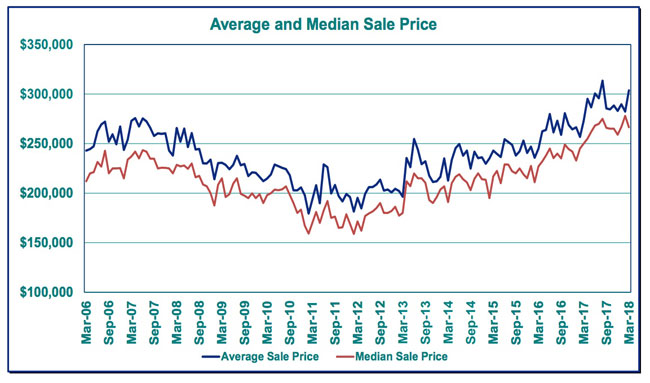
 Wedgewood Dr
Wedgewood Dr The share of first-time homeowners fell to just 29% of all existing home buyers in January, according to the most
The share of first-time homeowners fell to just 29% of all existing home buyers in January, according to the most 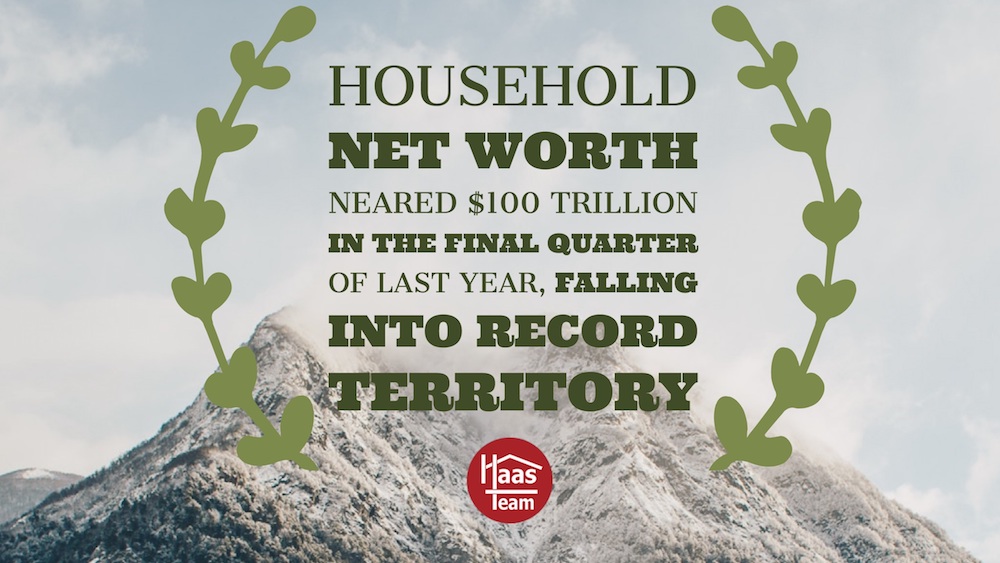 Yes, our national economy is taking off. Wages are up, employment is up and many economists say that this is just the beginning of a long improvement. The value of homes across the nation have steadily increased since the recession and have added to a large increase in national wealth.
Yes, our national economy is taking off. Wages are up, employment is up and many economists say that this is just the beginning of a long improvement. The value of homes across the nation have steadily increased since the recession and have added to a large increase in national wealth.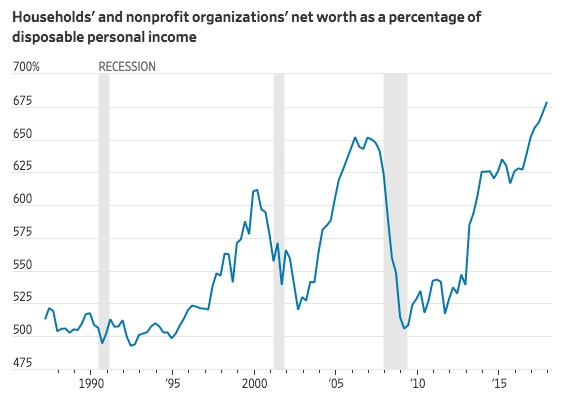

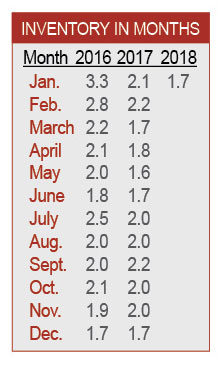 The Real Estate market in the Eugene and Springfield area was stronger in January of 2018 than in January of 2017. Both sales and new listings were up. The inventory of homes on the market remains low at 1.7 months and critically low in the first time buyer price ranges of $250,000 and below. Here are the home sale statistics for January 2018.
The Real Estate market in the Eugene and Springfield area was stronger in January of 2018 than in January of 2017. Both sales and new listings were up. The inventory of homes on the market remains low at 1.7 months and critically low in the first time buyer price ranges of $250,000 and below. Here are the home sale statistics for January 2018.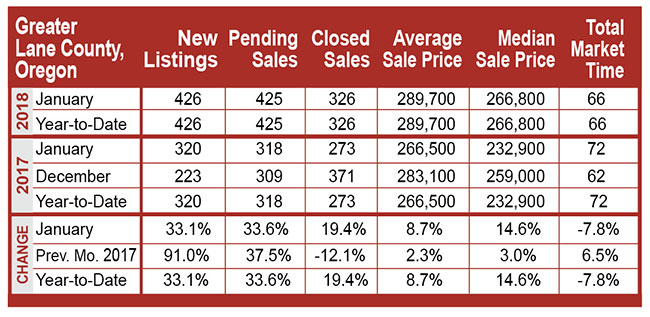
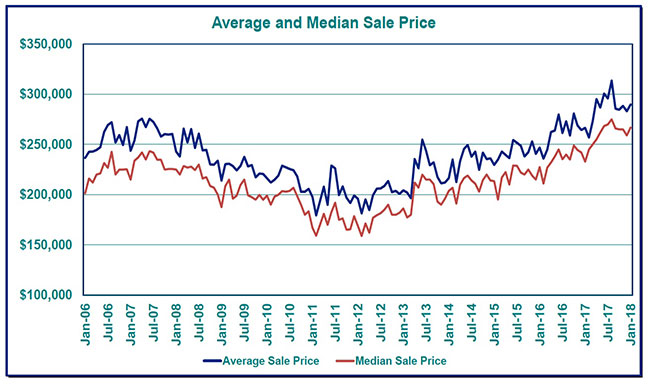
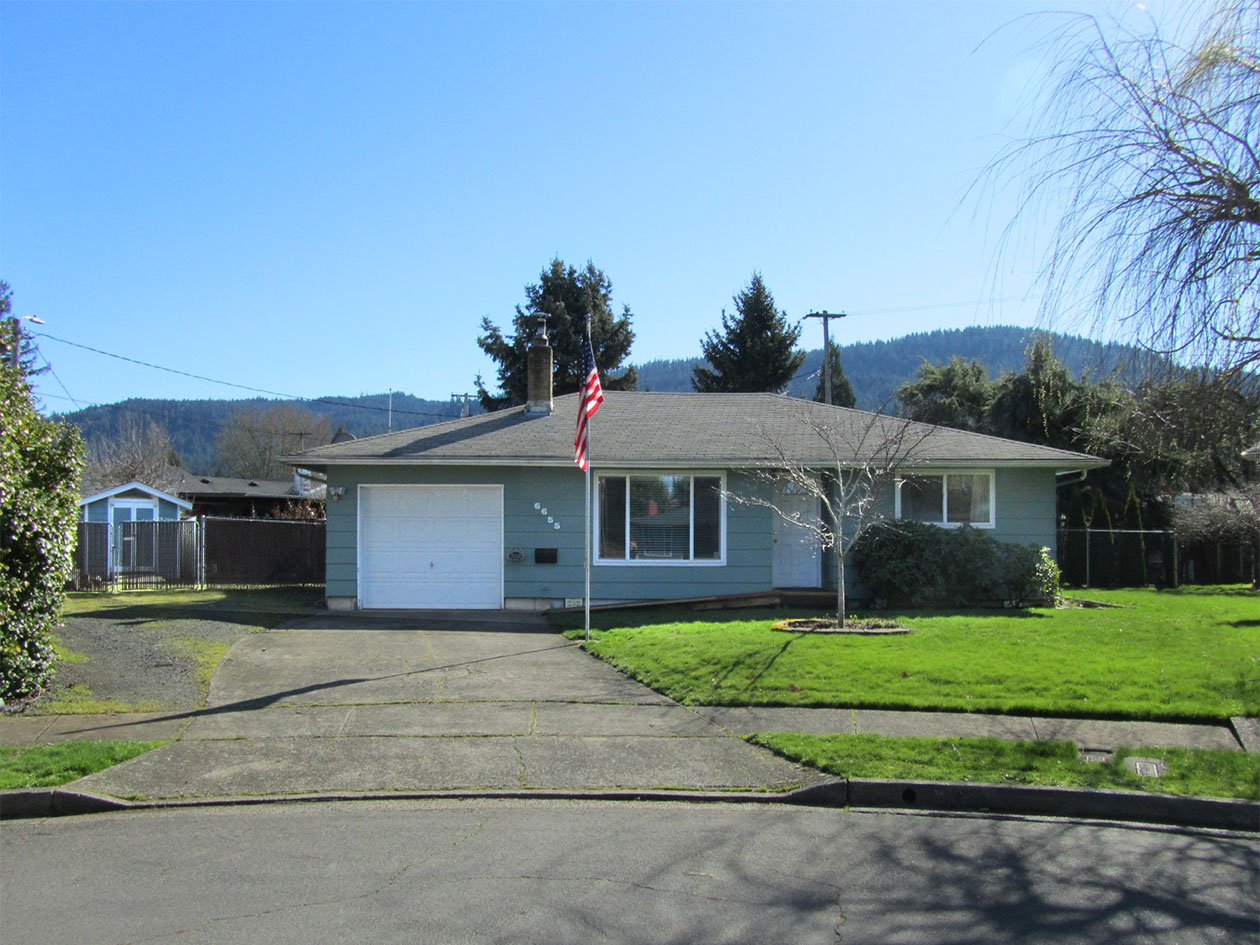
 One of the largest problems that comes about during a home sale is the fact that there are typically seller paid repairs that need to be done. The majority of buyers are going to want both a pest and dry rot inspection and a whole home inspection completed as part of their purchase due diligence. From this inspection, there are typically some repair items that will come about and in most cases the buyer will want many of them taken care by the seller prior to the close of escrow. Negotiating these repairs during escrow can be nerve racking and can also sometimes create delays with closing. My suggestion to all of my sellers is to have their home inspected before we go on the market. This gives us a heads up for any potential issues and also allows the seller to repair major problems. Typically, this creates a much easier sale process. The followiong is and article from "US News" on why having a professional inspection prior to selling is a good thing to do.
One of the largest problems that comes about during a home sale is the fact that there are typically seller paid repairs that need to be done. The majority of buyers are going to want both a pest and dry rot inspection and a whole home inspection completed as part of their purchase due diligence. From this inspection, there are typically some repair items that will come about and in most cases the buyer will want many of them taken care by the seller prior to the close of escrow. Negotiating these repairs during escrow can be nerve racking and can also sometimes create delays with closing. My suggestion to all of my sellers is to have their home inspected before we go on the market. This gives us a heads up for any potential issues and also allows the seller to repair major problems. Typically, this creates a much easier sale process. The followiong is and article from "US News" on why having a professional inspection prior to selling is a good thing to do.

 2018 has started out to be a challenging year for homebuyers in the Eugene and Springfield market area. The issue with the current market is certainly not demand. Our current home market problem stems from lack of inventory of homes for sale. This is especially true in the price ranges of below $300,000, where the high demand for housing exists. With a current inventory of less that 1.6 months, this shortage has left hundreds of would-be home buyers out in the dark. The lack of inventory and high demand has created such a shortage that when a home comes on the market that is priced well in the price range of high demand, there is typically a bidding war taking place. This of course is leading to the situation where many homes are now selling for above asking price. If this trend continues in 2018, it could be a challenging market for buyers.
2018 has started out to be a challenging year for homebuyers in the Eugene and Springfield market area. The issue with the current market is certainly not demand. Our current home market problem stems from lack of inventory of homes for sale. This is especially true in the price ranges of below $300,000, where the high demand for housing exists. With a current inventory of less that 1.6 months, this shortage has left hundreds of would-be home buyers out in the dark. The lack of inventory and high demand has created such a shortage that when a home comes on the market that is priced well in the price range of high demand, there is typically a bidding war taking place. This of course is leading to the situation where many homes are now selling for above asking price. If this trend continues in 2018, it could be a challenging market for buyers.